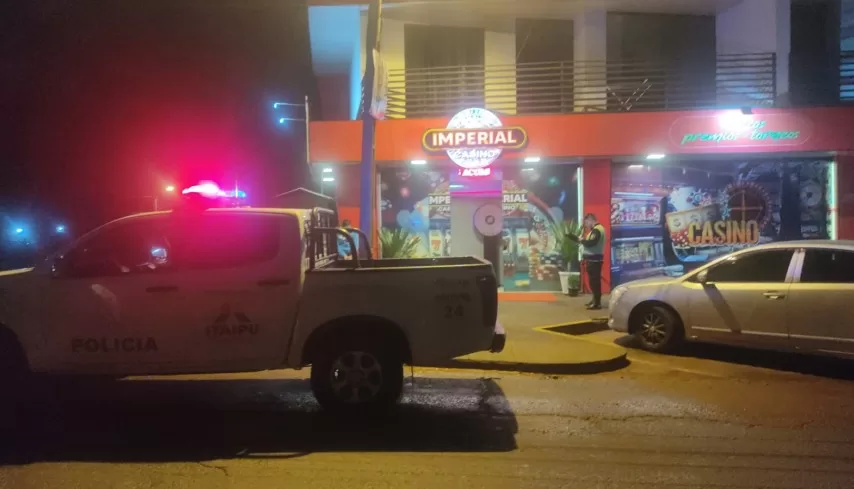A norovirus infection in small children usually heals without any problems. Read about the risks that still exist and why drinking is so important.
The most important things at a glance
The norovirus is considered highly contagious and can spread quickly in community facilities such as day care centers or schools. Especially in winter, it often causes gastrointestinal infections that can be accompanied by severe vomiting and diarrhea. In principle, it can affect people of any age, but small children are more often affected.
Norovirus in children: possible symptoms
In the case of a norovirus infection, the symptoms in children usually start a few hours after infection. Then, often out of complete well-being, suddenly spasmodic vomiting, nausea and massive watery diarrhea develop. In children, however, a norovirus infection can also manifest itself more often with only vomiting (without diarrhea).
Other symptoms can also occur, such as:
In most cases, a norovirus infection in children passes quickly: it is often over after about 12 to 48 hours. However, especially in small children under the age of five, there is an increased risk of a more severe or longer course.
Vital: compensate for loss of fluids
In the case of gastrointestinal infections such as those caused by the norovirus, the body loses a lot of water within a short period of time as a result of vomiting and diarrhea – and with it vital salts (electrolytes). If you drink enough, it’s usually not that bad.
However, the body of small children and infants reacts much more sensitively to dehydration than that of adults. If it is not possible to compensate for the loss, serious (and sometimes life-threatening) consequences such as circulatory or kidney failure can quickly develop.
Norovirus in children: what helps?
Medicines do not help against the norovirus. As a rule, however, the immune system gets the infection under control by itself. It is particularly important for sick children that they get rest, drink enough and, as soon as possible, eat at least small (stomach-friendly) meals.
Infants with norovirus should be breastfed as often as possible. However, sometimes this does not work because the baby is too weak to feed on its own. Parents can then try to give the child liquid in small portions, spoon by spoon or drop by drop with a pipette or syringe (without the pointed cannula).
Norovirus in children: when to see a doctor?
If diarrhea and vomiting in children last longer than two to three days with a gastrointestinal infection such as that caused by the norovirus, parents should seek medical help. This applies all the more if the child develops other symptoms, such as high fever, circulatory problems (such as dizziness, drowsiness) or signs of dehydration.
Possible signs of dehydration (dehydration) in toddlers are for example:
- fatigue
- listless (apathetic) impression
- strong thirst
- dry mucous membranes
- dark yellow urine
- missing or reduced urination
- rapid weight loss
- when pinching the skin on the back of the hand, a fold of skin remains
Possible signs of dehydration in infants are for example:
- fatigue
- listless (apathetic) impression
- sunken fontanel
- Weak sucking reflex or no desire to drink
- slower or less frequent blinking
- dark yellow urine
- Missing or reduced urination (diaper is dry or needs to be changed less often than usual)
- crying without tears
Important: Parents should also always contact a medical practice or hospital if:
- the baby with diarrhea and vomiting is less than 12 months old.
- Infants cannot drink for more than four hours.
- Infants vomit persistently.

